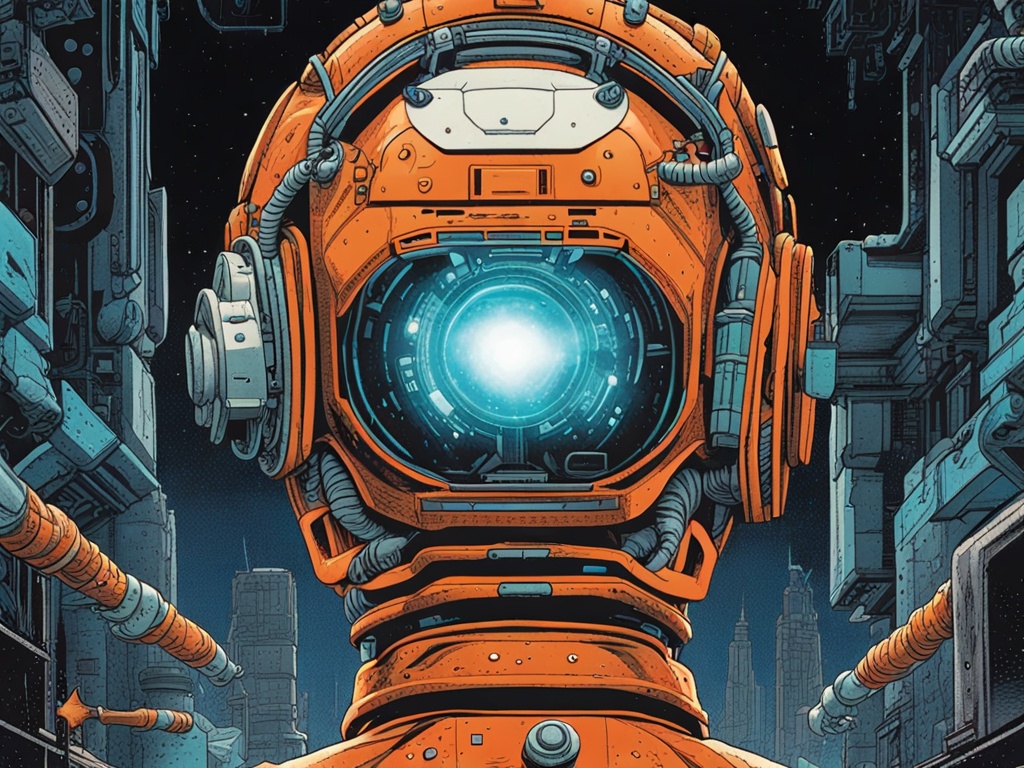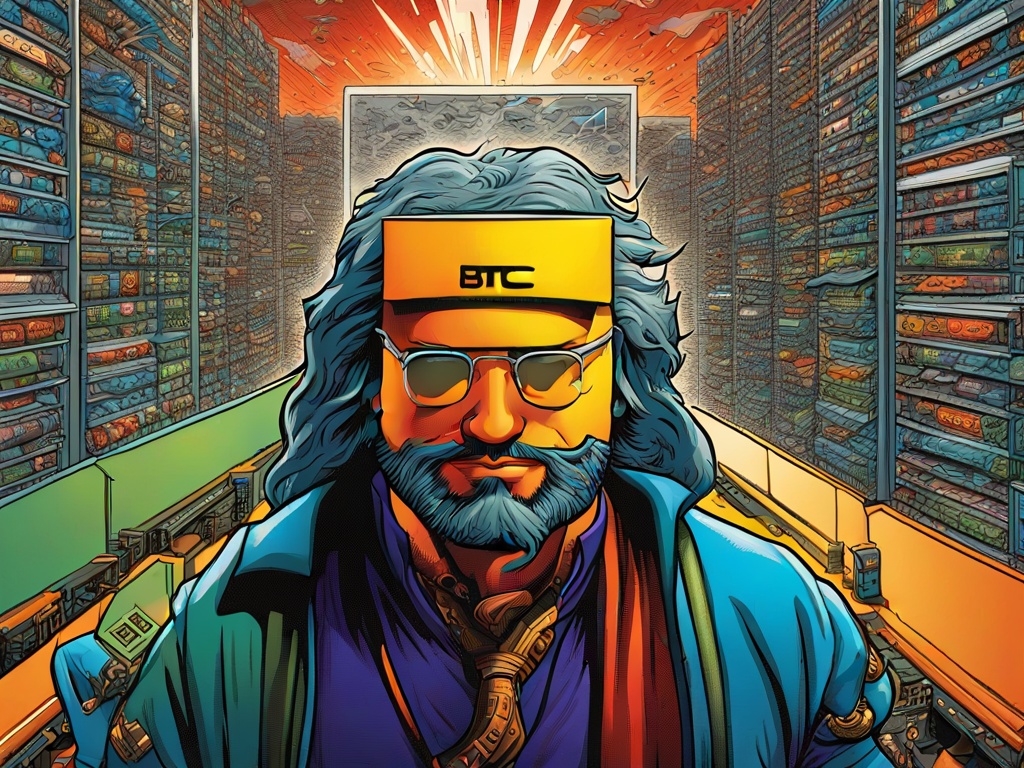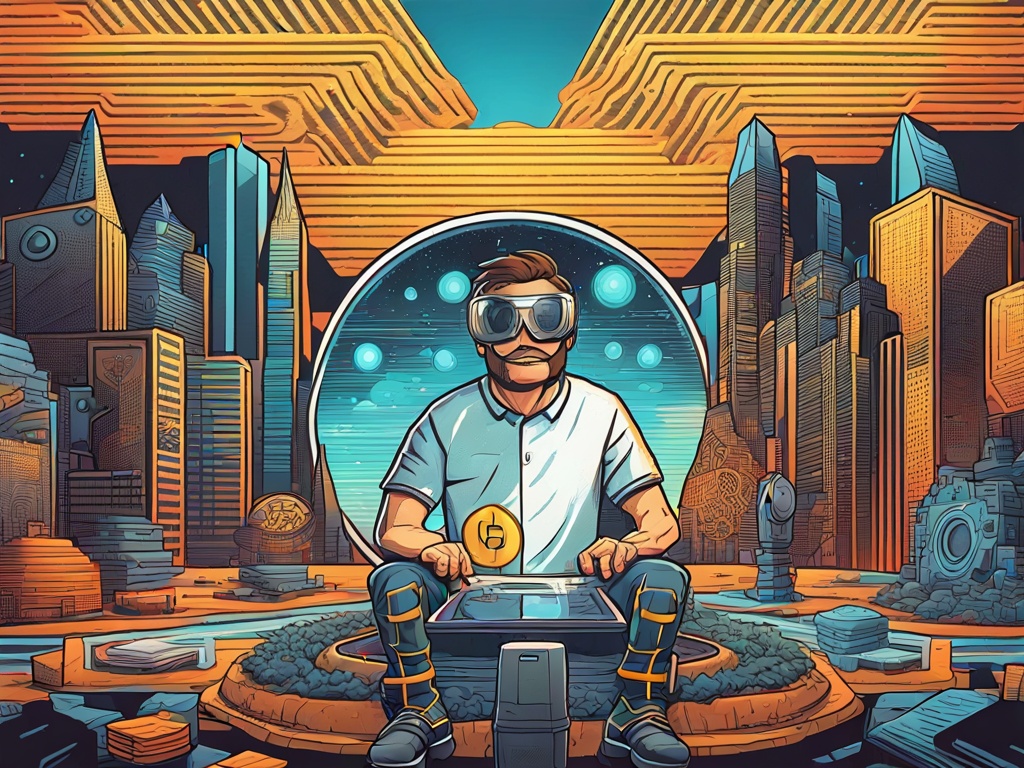Ridley Scott’s Shift on AI in Film 🎬
Filmmaker Ridley Scott has notably changed his stance on artificial intelligence (AI) within the movie industry, transitioning from skepticism to embracing its potential. As debates continue regarding AI’s influence on filmmaking, Scott’s insights bring a fresh perspective on this technology’s role and capabilities.
Changing Views on AI 🛠️
Famed director Ridley Scott, recognized for his iconic films like “Blade Runner” and “Alien,” recently expressed a newfound appreciation for AI in the production process. In a discussion with the New York Times, Scott stated he is “trying to embrace AI,” reversing his earlier viewpoint where he likened AI to a “technical hydrogen bomb” that warranted caution and control.
This transformation in outlook is particularly significant considering Scott’s previous misgivings in 2023 when he cautioned against the unchecked growth of AI in filmmaking. Now, the director sees the technology predominantly as a means to lower production costs and augment creative avenues, especially in animation.
Contrasting Opinions in the Industry 🎥
Scott’s pivot stands in sharp contrast to other influential directors, such as Christopher Nolan and James Cameron, who continue to voice apprehensions regarding AI’s role in cinema. Both directors, known for their cautionary narratives around technology, have tackled the dangers associated with it in films like Nolan’s “Oppenheimer” and Cameron’s “The Terminator.”
In the context of job creation, Scott’s remarks initiated conversations about AI’s impact within the industry. He conceded that while AI is unlikely to generate extensive job opportunities, it could create roles for “high-end specialists.” His observation suggests that tasks traditionally requiring substantial human resources could now be handled more efficiently by AI.
Cost Efficiency and Creative Freedom 💰
Scott’s views resonate with those of actor Ashton Kutcher, who faced backlash after commending the benefits of AI tools like OpenAI’s Sora. Kutcher highlighted AI’s possible cost-saving advantages, noting that it could streamline certain expensive tasks in production, such as establishing shots or specific stunts.
The conversation surrounding AI in filmmaking encompasses broader economic implications. Scott’s insights imply that while AI could enhance production efficiency, it might also prompt a need for industry adaptation and upskilling among professionals.
Ethics and Adaptability in Filmmaking ⚖️
Filmmaker Scott Mann, who directed “Heist,” approached this debate from a balanced perspective. Mann shared with Decrypt that AI-driven technologies can provide filmmakers with the flexibility to reduce production time and costs while preserving artistic integrity. However, he underscored the significance of ethical considerations in AI deployment.
This shift in Scott’s viewpoint aligns with ongoing discussions within the industry about the implications of AI, especially during the labor disputes from the 2023 SAG-AFTRA and WGA strikes. These events spotlight the intricate dynamics between technological advancements and creative fields, as AI’s potential benefits must be weighed against concerns regarding employment and artistic control.
AI in Animation: A New Frontier 🎨
Scott’s enthusiasm for harnessing AI within animation suggests a pioneering approach to integrating the technology. He envisions animation as a potentially fruitful domain for AI experimentation, indicating a readiness to explore various applications of this technology in film production.
The practical utilization of AI in film projects is already gaining traction. Experts note that AI tools can streamline processes from visual effects creation to post-production editing, enhancing workflow efficiency and saving valuable time.
Economic Considerations in Filmmaking 💼
Cost management remains a central theme in Scott’s evolving perspective. As he discusses his upcoming project, “Gladiator II,” the importance of budget consciousness surfaces, with AI identified as a potential resource for effectively navigating production costs.
In the grand scheme, the film industry is still wrestling with pressing questions about the implications of AI. While there is anxiety concerning its effect on creative authenticity, others perceive it as a natural evolution of filmmaking instruments.
Hot Take 🔥
Despite the ongoing debates regarding AI, it is clear that filmmakers like Ridley Scott are beginning to recognize its potential as a supportive tool rather than a replacement for human creativity. As industry professionals navigate this rapidly changing landscape, striking a balance between embracing technology and preserving artistic integrity will be essential for the future of filmmaking.





 By
By

 By
By

 By
By
 By
By